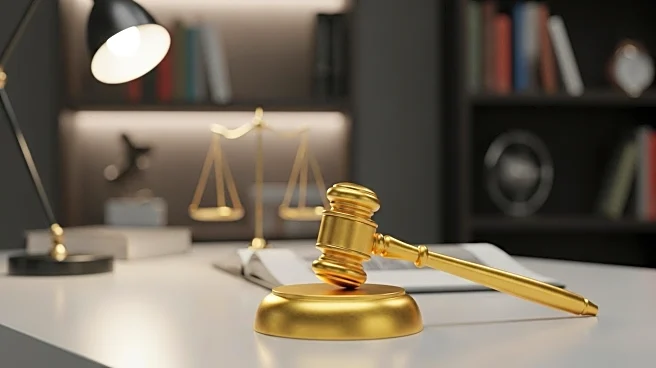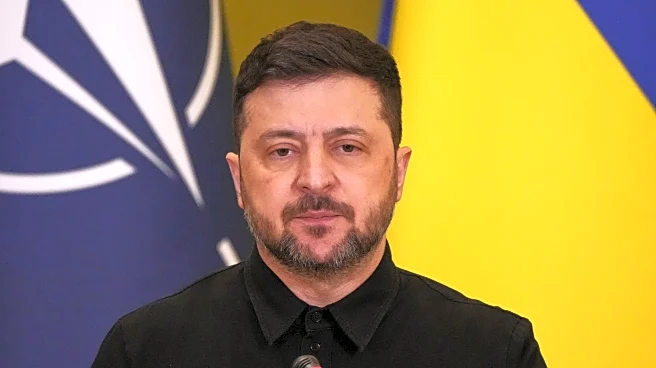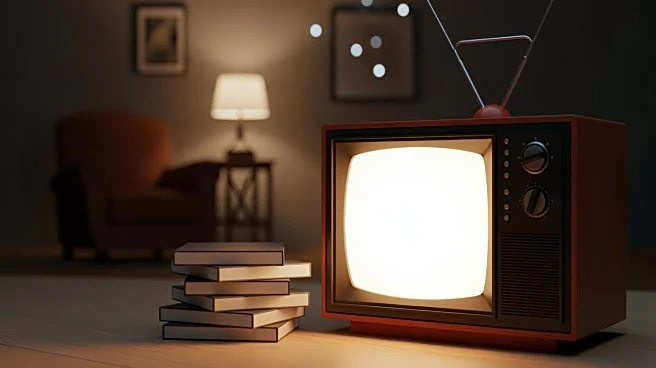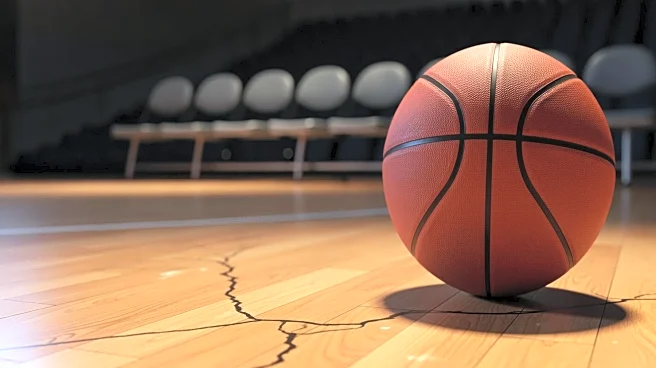What is the story about?
What's Happening?
A divided appeals court has ruled that President Trump does not have the authority to unilaterally remove Shira Perlmutter, the director of the U.S. Copyright Office. The decision came from a three-judge panel of the U.S. Court of Appeals for the District of Columbia Circuit, which voted 2-1 to temporarily block the firing. Perlmutter claims she was dismissed due to her advice to Congress on artificial intelligence. The court's ruling emphasizes the separation of powers, noting that Perlmutter's role is part of the legislative branch, and her removal would disrupt the office's work.
Why It's Important?
This ruling underscores the importance of maintaining the separation of powers between the executive and legislative branches of the U.S. government. It highlights the legal boundaries of presidential authority, particularly concerning positions within the legislative branch. The decision protects the integrity of the U.S. Copyright Office and its advisory role to Congress, ensuring that legislative functions are not unduly influenced by executive actions.
What's Next?
The court's decision may lead to further legal challenges and discussions regarding the scope of presidential authority over legislative branch officials. The ruling could prompt legislative or judicial reviews to clarify the roles and protections of such positions. Stakeholders, including Congress and the Library of Congress, may need to reassess their procedures for appointing and removing officials.
Beyond the Headlines
The case raises broader questions about the balance of power in the U.S. government and the potential implications for other legislative branch positions. It may influence future appointments and the criteria for removal, impacting how government officials interact across branches.
















